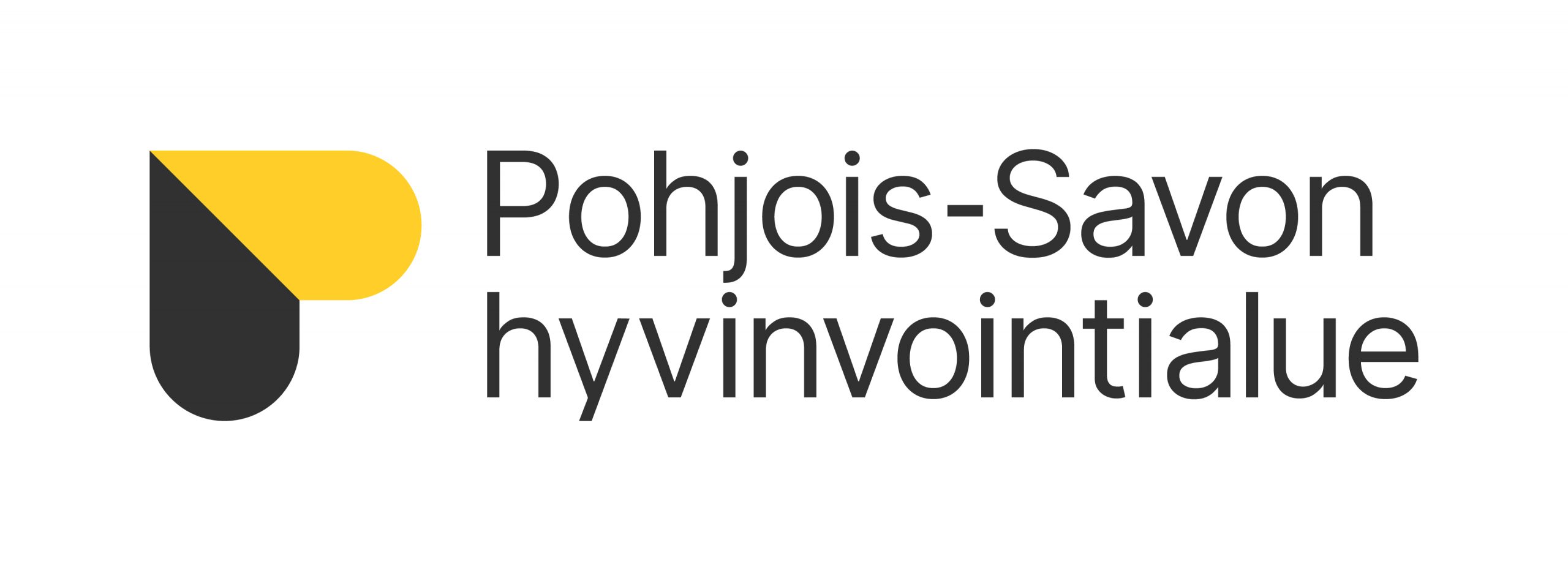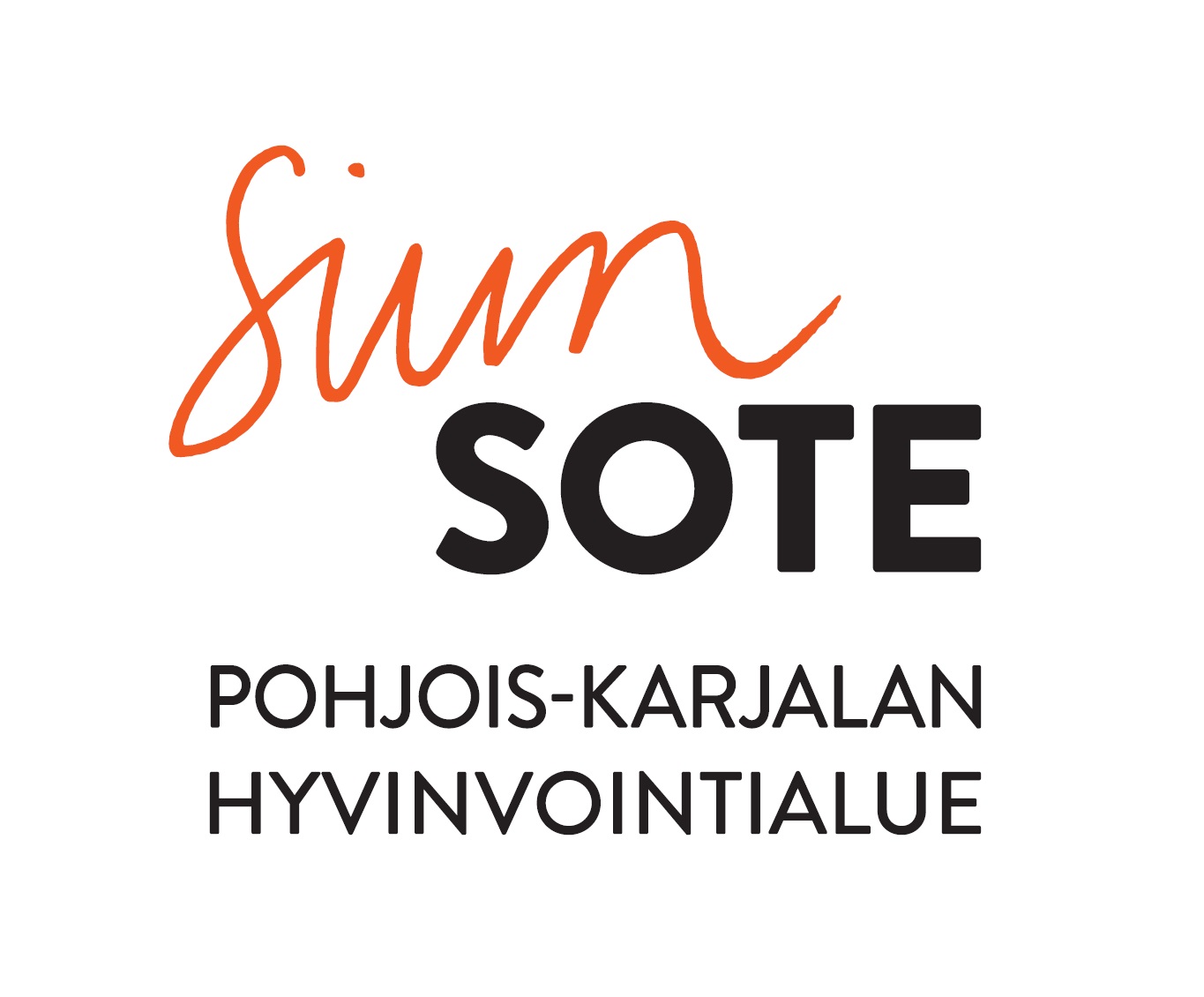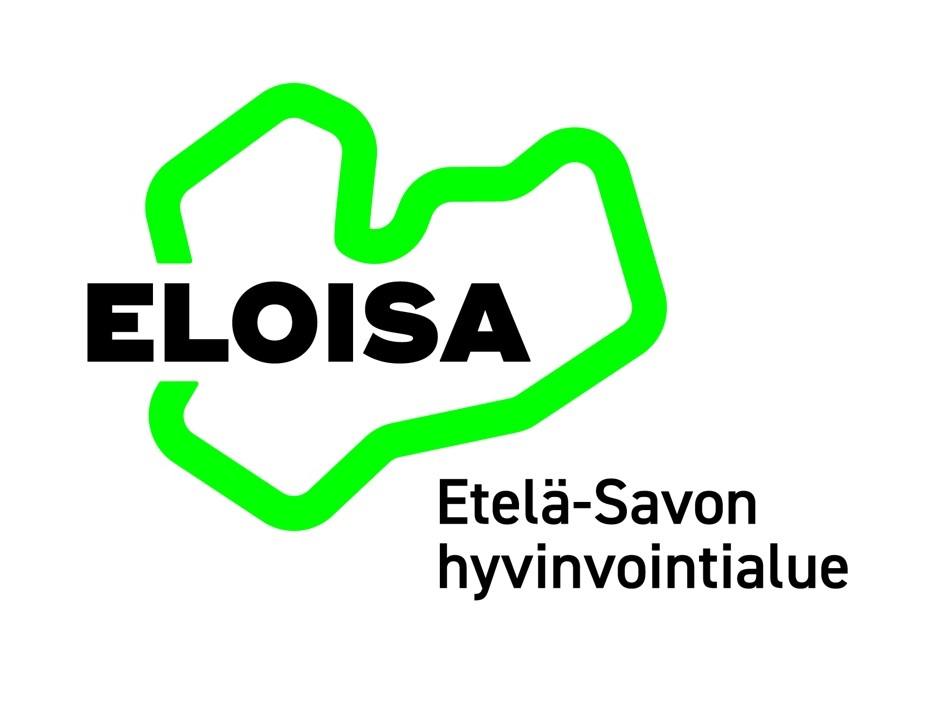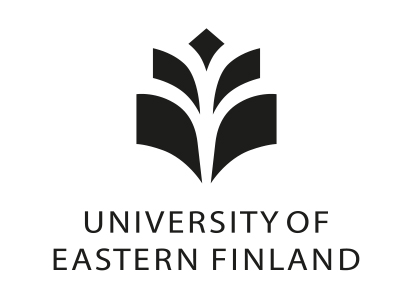
SAMPLE AND DATA COLLECTION
The Biobank of Eastern Finland provides extensive and high-quality human biological samples and associated data collection, and makes them available for research purposes. The objective of research relying on a biobank is to promote health, to understand disease mechanisms and to develop products and practices for diagnostics, health and clinical care.
Biobank samples are collected in connection with normal health care and medical examinations, and always require a signed consent form. Only human biological samples are collected in the biobank. The samples can be, for example, blood, tissue, various bodily fluids or DNA isolated from cells.
The protection of personal data is strict. The researchers cannot use biobank samples and data in ways that could endanger the confidentiality of donors’ privacy and health information. All samples are marked with a coded identifier, and the identity of the donor is not known to the researchers handling the samples. The sticker on the sample tube includes only a bar code and/or the research code. Personal information is kept separately in the so-called code registry, to which access is strictly limited. Furthermore, access to the sample repositories is heavily guarded.
In other words, data protection and confidentiality are taken extremely seriously in Biobanks.
Biobanks contain sensitive information regarding the health and biological variables of the study subjects. In addition, the data collection in a biobank includes massive amounts of indispensable medical information. Data management includes several key principles:
- Data management abides by the Personal Data Act and strict quality standards
- Users and editors of the data are registered in the system and the saved data forms an unbroken record of any changes in the system.
- Technical data security is up-to-date and provides for all risk factors
There is access control to the sample and data facilities. The database servers are physically placed in fire- and burglary-proof premises, the servers are backed up and users of the registry receive training in data security matters.
- The right to view personal details linked to the samples is strictly limited.
The name of the sample donor as well as their social security number, contact details and code key are stored in a separate code registry. Only designated persons in the biobank have access to it. Samples are given a code which cannot be used to identify the sample donor. If the consent for the sample’s use for research purposes is cancelled or the use of the sample is otherwise terminated, the data is removed from the code registry.
- Release of the samples and data is carefully recorded
The biobank sample and data collection is maintained with careful documentation. This ensures that information extracted from and entered into the biobank is correct and reliable.
Samples are stored in the biobank until they are needed for research. The samples used for research are always encoded, so individual donors cannot be identified from their sample.
When the research is concluded, the sample-specific new research results are returned to the biobank. This means that the information connected to the sample ’accrues interest’, and the sample or the research information it has provided can be used in subsequent research.



